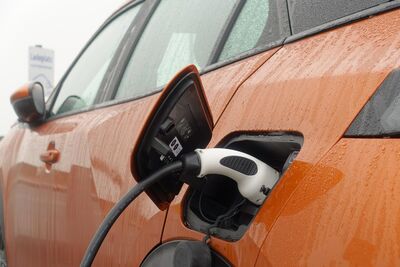News
Electric road transport: ECJ ruling and pilot project in France

France is currently testing a road freight transport network based on relay stations.
The 16-month electric truck project includes several motorway sections with a total of five relay stations in France. Avignon (Vaucluse), Lyon (Rhône), Dijon (Côte-d'Or), Sommesous (Marne) and Lille (Nord). The lorries will travel around 300 kilometres to each station. The project then consists of the drivers swapping trailers, with the new driver driving on while the old truck is being loaded. The project has been particularly successful in reducing standard transit times by 25%. In addition, CO2 emissions are reduced by up to 75%. This is also a clear advantage for the drivers themselves, as they are able to take their breaks and return home more easily. The aim is to create a network of international transhipment points modelled on the historic Pony Express system. Up to 19 such stations could form a European connection.
There are similar projects in Germany and Spain.
Spain is working with a start-up company on a staggered semi-trailer swap at fixed locations. The aim is also to contribute to climate protection and make electric trucks more suitable for everyday use. Another start-up from Germany has developed an app called 'Kravag Truck Parking' that allows truck drivers to communicate and arrange meeting points. There are already 90 locations where meeting points can be arranged.
The ECJ has also been dealing with an electricity issue for some time.
Specifically, who is allowed to operate fast-charging stations at motorway service areas. Fastnet, a charging station operator, wanted to ensure that Autobahn GmbH was not allowed to award contracts to fast-charging operators without a call for tenders. Autobahn GmbH itself referred to concession contracts from the 1990s. At that time, some of these contracts were still with the two state-owned predecessors of today's private operator "Tank & Rast". However, this was not quite so easy, as the interpretation of the EU Concessions Directive was not so straightforward. For this reason, the construction of charging points on motorways has since been halted, as the legal situation is still unclear and costly dismantling due to incorrect decisions should be avoided. The European Court of Justice has not yet taken a position and it is difficult to predict what will happen. There are good arguments on both sides.
Source: Pixabay/ electric-car-6901893_1280
